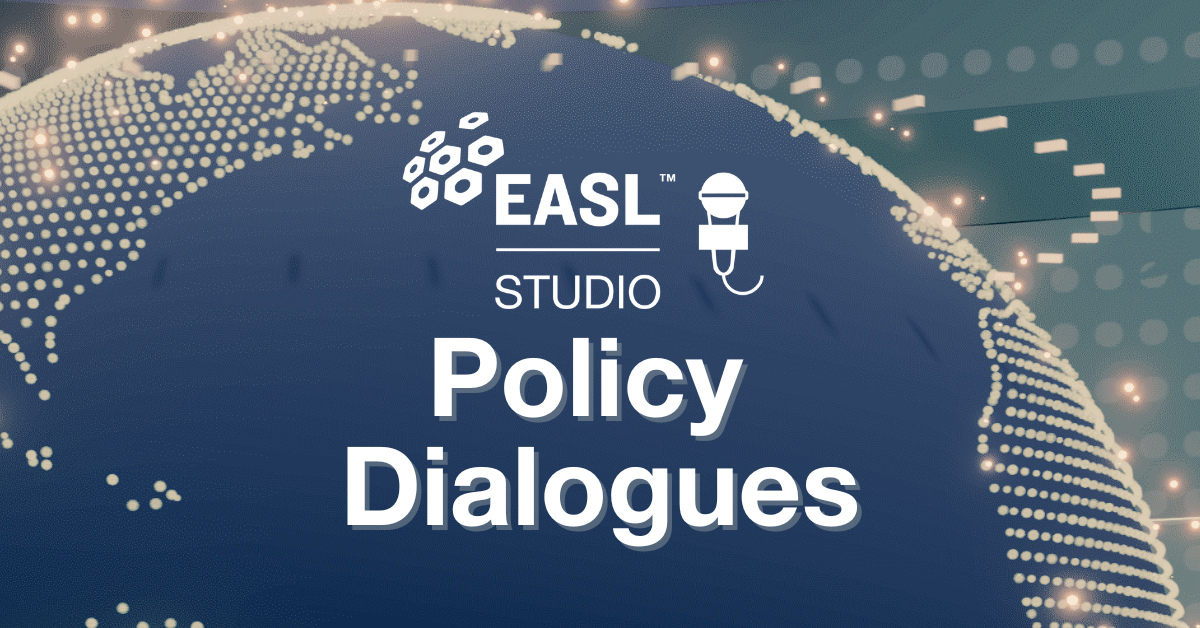United Action for Better Health in Europe
 On 12-14 September 2022, representatives from civil society, partnering organizations, and the 53 Member States of the WHO European Region met in Tel Aviv, Israel for the 72nd governance session. The session was designed to assess progress and establish next steps for implementing the European Programme of Work 2020-2025 – “United Action for Better Health in Europe”. The Regional Committee 72 (RC72) discussed key challenges facing European public health and how to improve regional collaboration. Priority areas for discussion included providing new and updated action plans for endorsement, ranging on topics from cervical cancer, tuberculosis, HIV, viral hepatitis, alcohol use, and sexually transmitted infections. The overarching goal of the session was to explore how to improve health and well-being at the country level, and leveraging the above areas for priority action.
On 12-14 September 2022, representatives from civil society, partnering organizations, and the 53 Member States of the WHO European Region met in Tel Aviv, Israel for the 72nd governance session. The session was designed to assess progress and establish next steps for implementing the European Programme of Work 2020-2025 – “United Action for Better Health in Europe”. The Regional Committee 72 (RC72) discussed key challenges facing European public health and how to improve regional collaboration. Priority areas for discussion included providing new and updated action plans for endorsement, ranging on topics from cervical cancer, tuberculosis, HIV, viral hepatitis, alcohol use, and sexually transmitted infections. The overarching goal of the session was to explore how to improve health and well-being at the country level, and leveraging the above areas for priority action.
In anticipation of this meeting, EASL and affiliated organizations have signed and released a statement pertaining to the RC72 agenda. In collaboration with Movendi International and several other public health organisations, EASL commended the European Framework for Action on Alcohol 2022-2025 and endorsed the six priority areas of action it highlighted. The joint statement expressed deep concern for the high rates of alcohol consumption across the region coupled with the lack of awareness of alcohol-related harm. The statement emphasized the need for key alcohol control policies and mandatory nutrition labelling in all European countries. Most crucially, the statement denounced the practices of the alcohol industry, especially with regards to their effect on youth through alcohol marketing in the digital ecosystem. The signatories of the statement call attention to the lack of commitment towards alcohol legislation and urge Member States to make it a priority by reinforcing resources, protecting policy from industry interference, and strengthening policy governance at the regional level.
In addition to the stagnant, and in some cases, rising rates of alcohol consumption across the continent, Europe is also facing the burden of ever-increasing rates of obesity. As obesity rises, so too do several disorders ranging from type 2 diabetes to cardiovascular disease to liver disease. Prior to the RC72, EASL submitted a written statement to be considered at the session which outlined the upsurge of noncommunicable liver diseases seen in the European region over the last decades. Non-alcoholic fatty liver disease (NAFLD) is now the most common liver disease worldwide and affects nearly ¼ of the global adult population. However, NAFLD continues to be ignored in technical documents pertaining to NCDs. EASL calls attention to the relative ignorance from policymakers and the wider public health community in addressing NAFLD as an NCD and incorporating it into comorbidity discussions regarding diseases with common risk factors. The EASL statement leveraged NAFLD to advocate for more integrated care pathways for patients and create health systems and public health responses that effectively respond to community needs.
EASL looks forward to seeing the topics discussed above reflected in the outcomes of the RC72. EASL expects the WHO Regional Committee to take a strong stance on alcohol control policies, implementing health labelling and addressing industry interference. EASL hopes the WHO Regional Committee will consider the destructive implications of continuing to ignore NAFLD as an NCD in technical materials and national NCD policies and make rapid efforts to address the situation.
More resources
We invite you to learn more about the impact of alcohol consumption on the liver and what’s at stake with alcohol policies in this policy dialogue “The Liver, Alcohol and Politics”.
Last year, EASL delivered a statement at the 71st Session of the WHO Regional Committee for Europe on 14th September 2021. Under agenda item “reinventing primary health care in the post COVID-19 era”, EASL welcomed WHO’s draft resolution on primary health care and reiterated its crucial role towards the elimination of viral hepatitis.



